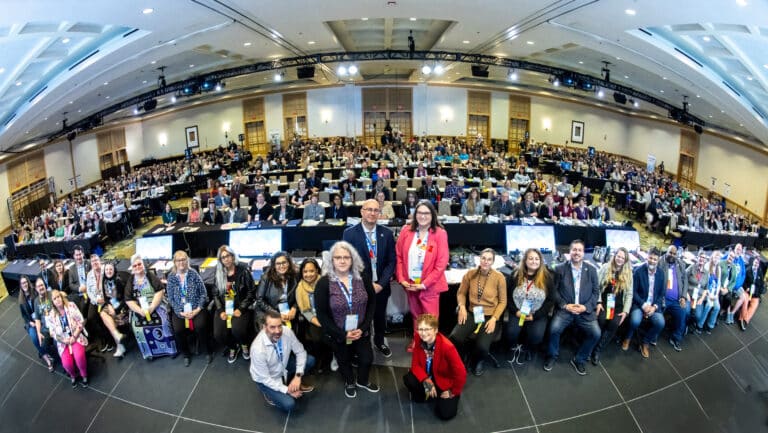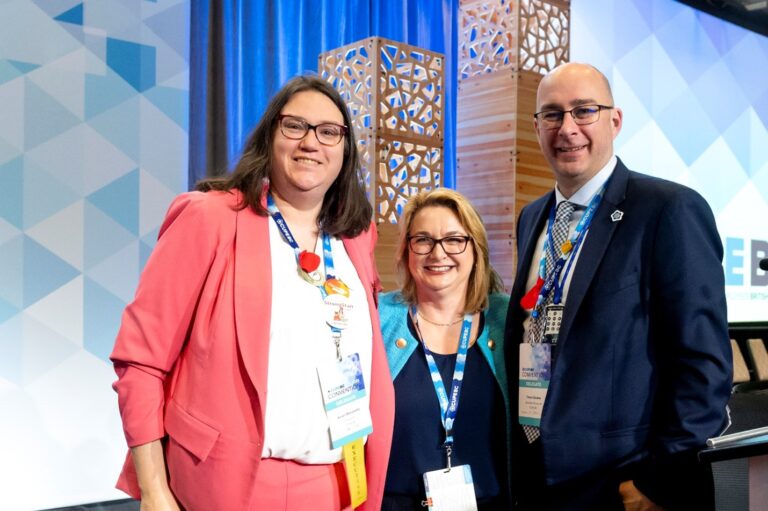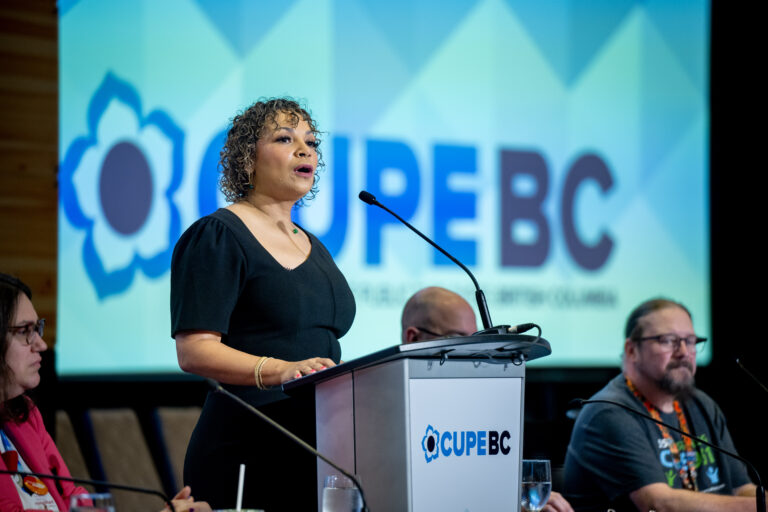Op-ed published in the Vancouver Sun on July 7, 2021.
Over the last week, 9-1-1 operators have been pushed past the breaking point. We saw a nexus of a record heatwave, the province-wide restart from COVID-19, and a serious 9-1-1 operator shortage. The record-breaking number of calls far exceeded our existing staffing capacity to handle them. The resulting delays in answer times not only increased stress for the public who were calling because they needed help; in some cases, they also made emergencies worse.
In media interviews, I’ve been asked if the recent gridlock resulting from the high call volumes—close to 8,000 calls on June 26 and more than 7,300 calls on June 27, or more than 55 percent above the daily average in June—is just because of an extreme weather event or is a troubling sign of a more systemic problem. It is most certainly the latter.
For some time now, there simply have not been enough 9-1-1 operators in the system to deal with any significant surge in call volumes caused by major events. The staff that we do have are stretched to the limit, working increasing amounts of overtime and at times working through their breaks on 12-hour shifts.
When you call 9-1-1 in British Columbia, the first thing that happens is a 9-1-1 operator answers your call and asks you if you need police, fire, or ambulance – and in what city. Once you’ve answered, you are transferred to the appropriate emergency line for the service that you need.
Earlier this week, there were reports of a 47-minute hold time for police emergency lines, and more than five-minute waits on 9-1-1 before connection with an operator. In the most extreme reported case, a caller waited 17 minutes before being connected with a person on the end of the line.
Five minutes might not sound very long, but in an emergency seconds count. When seconds turn into minutes, lives and property are put at risk. During each second that passes, fires grow larger, medical conditions worsen, and police incidents become more volatile. Every second that you wait for your call to be answered can feel like a lifetime.
When delays lead directly to greater suffering and avoidable death, you know the system is broken. And this is completely unacceptable to British Columbians. We have called on the public to help us help them by staying on the line when they call 9-1-1. We’ve asked them to know their location and share whatever other information will help us connect them to the help they need. But if they can’t even get through to us, there’s a greater problem.
B.C.’s 9-1-1 service, the emergency call answer and emergency dispatch services provided by E-Comm, are funded by B.C. municipalities. But this critical emergency service is merely one line item in municipal police budgets, which, in the last year, have come under increasing pressure. In fact, before there was negative media coverage of skyrocketing call volumes, few municipal politicians even seemed aware of our existence.
A service that helps people in their most urgent time of need should not be an afterthought—it should be a priority.
If we want to stop seeing fatal incidents from 9-1-1 gridlock and ensure that 9-1-1 will be there for you in an emergency, then local politicians need to start taking this issue more seriously. Municipalities should start putting more money into the one emergency service that connects all first responders: 9-1-1 operators and emergency dispatchers.
Better funding of such citizen safety-focused services would demonstrate a serious commitment to better emergency services for all British Columbians.
Donald Grant is president of CUPE Local 8911 (Emergency Communications Professionals of BC), representing more than five hundred 9-1-1 operators, call takers, dispatchers, IT staff and support professionals employed by E-Comm. For more information, visit www.ecpbc.ca.
View the op-ed.





